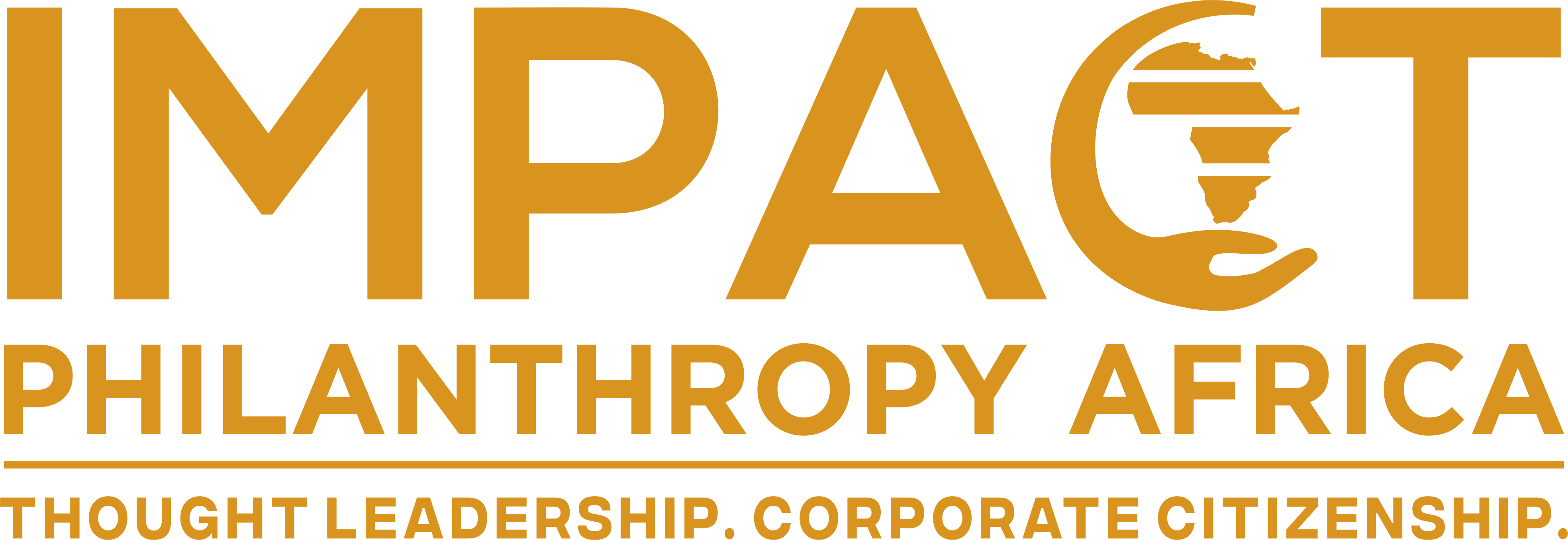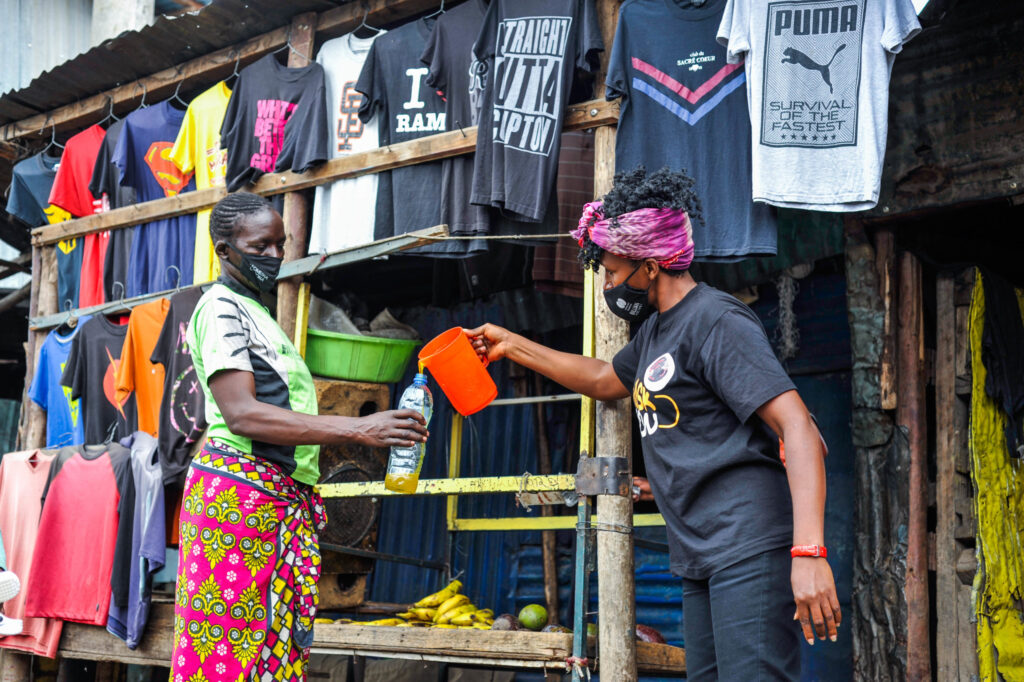From the first interaction you get with Mastercard Foundation, one thing remains etched in your mind; the five values that drive the Foundation. Humility. Listening. Kindness and respect. Co-creation. Impact. These values embody all engagements and interactions with not only the Foundation, but also their partners from the outreach programs they support. This particular element made our work with Mastercard Foundation under their COVID-19 Public Awareness Campaign not only eye-opening, but also fulfilling, with the knowledge that our communication interventions impacted lives from different parts of the continent.
The Foundation’s main goal in Africa is to enable 30 million young people, particularly young women, across Africa to access dignified work through its Young Africa Works strategy. However, just as with most other organisations where the pandemic led to revision of corporate plans, the Foundation had to re-align to this reality. The COVID-19 Public Awareness Campaign would give the Foundation an opportunity to work with the African youth despite the pandemic challenge in seven African countries; Kenya, Uganda, Rwanda, Ethiopia, Senegal, Ghana and Nigeria.
As people started adapting to living under the ‘new normal’ occasioned by COVID-19, majority of young people started displaying laxity in observing the prevention protocols as laid out by the Ministry of Health. Hence the need to develop a campaign that would best re-emphasize on the COVID-19 prevention messaging with young people aged between 14 years and 35 years as the primary target audience, without losing them through message fatigue.
To achieve the objectives, the campaign was pegged on three pillars: community engagement, awareness through mainstream media and working with digital influencers. The strategy focused on identifying community initiatives, media organisations and digital influencers who would speak to the hearts of our target audience. Considering that at the time, COVID-19 restrictions were still in place, the messaging therefore was geared towards reminding the young people that they would only be able to enjoy some of the freedoms if we all continued observing the prevention protocols to reduce the infection rate.
The engagements had to align with the overall objective of the Foundation to be a catalyst for individuals and institutions, working with others to spur systemic change for the African young people.
Showcasing what young people in the country are adopting to the new normal by following the COVID-19 prevention measures and demonstrating the resilience of this demographic would in turn encourage more young people to try out this by themselves. Hence the campaign slogans #ItsUpToUs – Protect yourself, Protect your family, Protect your community.
With community engagement, delivery of the campaign’s key messaging would be more impactful by working with opinion leaders within the communities as opposed to having the message come directly from Mastercard Foundation. The Foundation supported community leaders and initiatives to continue interacting with the community residents through the various programmes they pre-dominantly run, but then incorporate the campaign key messaging.
Three community initiatives selected for this were Billian Music Family – based in Mathare, they sensitized the locals on the COVID-19 safety protocols, and distributed free water, facemasks and liquid handwashing soap; ALA Training – Boda Boda initiative – who used a USSD platform under the code *483*955#, to transform boda boda operators from Super Spreaders to Super Savers of Covid-19 through training and awareness creation by offering a COVID-19 curriculum accessed entirely via the USSD platform; and Green Card Mtaani – whose outreach activities centered on improving livelihoods by conducting capacity-building forums for young people and women to help them recover economically by offering training in the production of face masks in Kibera.
Mainstream media assisted in amplifying the campaign messaging by sharing impactful stories from the community initiatives, such as young women who were rendered jobless due to the pandemic and had no way to support their families but now had an opportunity to learn about local production of masks and liquid handwashing soap, as a source of income.
The significance of digital media in communicating to the youth demographic cannot be overstated. We focused on Facebook, working with Cartoon Comedian (a comedian), Twitter with Minicheps (visual artist) and Kimanzi (social commentator), Tiktok with Barbara Nyambura (comedian) and Instagram with H_art the Band (musicians).
The measure of the campaign’s success for community initiatives covered indicators such as the number of individuals reached through the various engagement methods such as community forums, one-on-one interactions and special group visits e.g., churches etc. For instance, Billian Music Family reached out to 380,000 residents through distribution of 10,000 masks, 4,000 litres of handwashing soap, 200,000 litres of clean water, coupled by visits to schools, churches, places of business and the use of boda bodas to crisscross the Mathare villages with public service announcements via a public address system.
The resilience and impact stories from these projects were aired on 35 media organisations including Switch TV, TV47, KTN, Citizen TV, Capital FM, Ghetto Radio, Inooro TV, Kameme FM, Nam Lolwe and CGTN. On the digital space, impressions from the messaging by the five influencers managed to reach 2.1 million accounts over a two-month period.
All in all, this campaign enabled us to demonstrate co-creation between development agencies and the community, in delivering not only communication goals, but also in encouraging behaviour change through recognizable and influential community opinion leaders.

